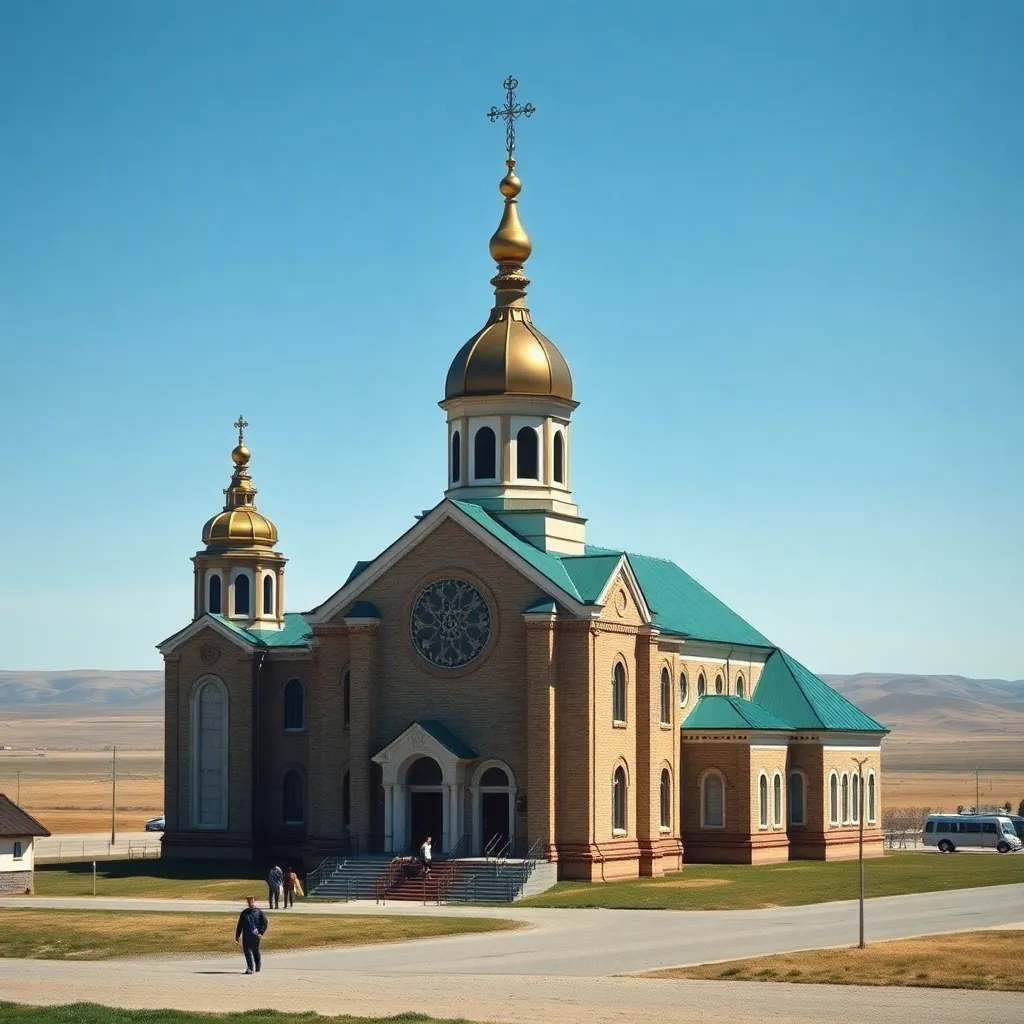
Tucked away in the vast expanse of Central Asia, Kazakhstan is a country that often flies under the radar of international attention. However, for the small but vibrant Catholic community that calls this nation home, their presence is a testament to the enduring power of faith and resilience.
On a typical Sunday in mid-September, the city of Karaganda comes alive with the sounds of prayer and worship. The local Catholic church, a humble yet elegant structure, is abuzz with activity as parishioners gather for Mass. It is a scene that could be replicated in countless cities around the world, yet here, in this former Soviet republic, it takes on a unique significance.
Kazakhstan, along with its neighbors Uzbekistan, Kyrgyzstan, Tajikistan, and Turkmenistan, forms the five “stans” of Central Asia. A region that has been shaped by centuries of cultural and historical exchange, it has also been marked by periods of intense persecution and repression. For the Catholic Church, which has a long and complex history in the region, the challenge has been to maintain a presence in the face of adversity.
Despite the difficulties, the Catholic community in Kazakhstan has proven to be remarkably resilient. From the early 20th-century deportations of Catholics from Ukraine and Poland to the country’s vast steppes, to the Soviet-era repression of all forms of religious expression, the Church has continued to find ways to survive and even thrive.
Today, as Kazakhstan looks to assert its place in the modern world, the Catholic Church is working to ensure that its voice is heard. With a small but dedicated community of believers, the Church is actively engaged in promoting interfaith dialogue, supporting social justice initiatives, and providing vital services to those in need.
As the Mass in Karaganda comes to a close, the congregation files out into the bright sunlight, their faces reflecting a sense of hope and determination. It is a small but powerful reminder that, even in the most unlikely of places, the Catholic Church remains a vital and enduring presence. As one parishioner so eloquently puts it, “Don’t forget us” – a plea that echoes across the vast expanse of Central Asia, a testament to the unshakeable faith of a community that refuses to be forgotten.





